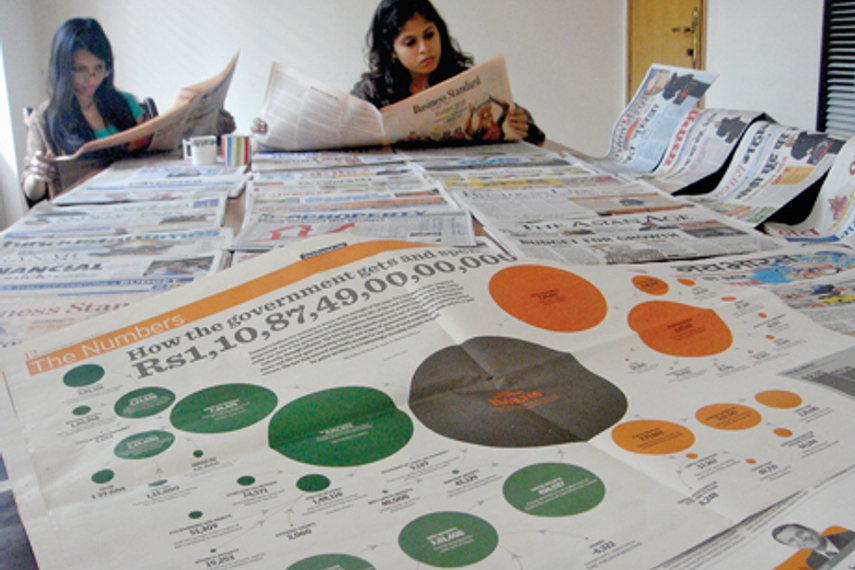
Please sign in or register
Existing users sign in here
Having trouble signing in?
Contact Customer Support at
[email protected]
or call+91 22 69489600
Campaign India finds out if RSCI will be used by clients of every stripe

Contact Customer Support at
[email protected]
or call+91 22 69489600
Top news, insights and analysis every weekday
Sign up for Campaign Bulletins
Sweeping Omnicom shake-up will scrap three storied creative networks—DDB, FCB and MullenLowe.
Shorter attention spans have transformed the way content is being consumed and the brands are paying attention.
Sobhani is currently president and global chief creative officer at DDB Worldwide.
Move comes after Omnicom acquired IPG last week.